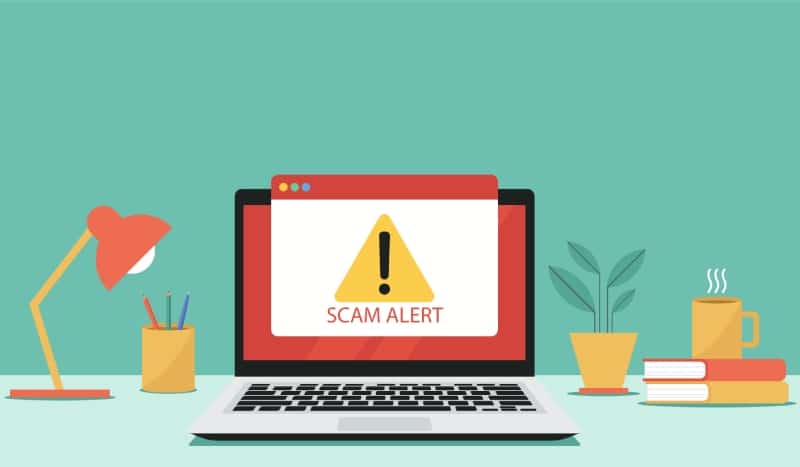Asset Recovery Scam

https://justtice.com, julysil-support.com, julysil-bit.com, julysil-coin.com, julysil-pro.com, julysilcoin.com, julysilpro.com, juzhiju.com, http://mt7coin.com/, https://www.uobvip.com/#/home, www.dahuatop.com, http://www.dahuagvip.com/, chonghingvip.com, https://www.kenskrksr.com/
Introduction to Asset Recovery Scams
Asset recovery scams are sophisticated schemes designed to defraud individuals who have lost money through previous scams or investments. These scams typically involve fraudsters who pose as asset recovery specialists, promising to help victims recover their lost funds. However, instead of providing legitimate assistance, these scammers exploit victims by charging upfront fees, making empty promises, and ultimately disappearing with the victims’ money.
Products and Services offered by Asset Recovery Scams
Scammers involved in asset recovery schemes offer various products and services to entice victims into believing they can recover their lost assets. These may include:
- False Promises: Scammers often make unrealistic promises to victims, claiming they have insider connections or special expertise that can guarantee the recovery of lost funds.
- Cold Calling: Fraudsters typically reach out to victims unsolicited, either by phone or email, offering their services to recover lost assets. They use high-pressure tactics to convince victims to pay upfront fees quickly.
- Upfront Fees: One of the key features of asset recovery scams is the demand for upfront fees. Victims are required to pay a fee in advance for the promised recovery services, with the assurance that their lost funds will be returned to them.
- Empty Promises: Despite their assurances, scammers have no intention of helping victims recover their assets. Once they receive the upfront fees, they often disappear without providing any legitimate assistance.
- Claims of Inside Connections: Scammers may claim to have connections within financial institutions or regulatory bodies that can expedite the asset recovery process. However, these claims are usually false and are used to gain victims’ trust.
Financial institution & regulatory license of Asset Recovery Scams
Legitimate asset recovery firms are required to be licensed and regulated by financial authorities in their respective jurisdictions. However, asset recovery scams operate outside of these regulations and often lack any legitimate licensing or authorization. Victims should always verify the credentials of any company offering asset recovery services and confirm their regulatory status before engaging with them.
Trader’s Reviews and Customer Service of Asset Recovery Scams
Victims of asset recovery scams often share their experiences online through trader’s forums, review websites and social media platforms. These reviews can provide valuable insights into the legitimacy of asset recovery firms and help others avoid falling victim to similar scams. Additionally, victims can report their experiences to relevant authorities to help prevent further fraud.
In terms of customer service, asset recovery scams typically provide poor or nonexistent support to victims once they have paid the upfront fees. Communication may be sporadic, and victims may find it challenging to reach the scammers or obtain updates on their supposed asset recovery efforts. This lack of transparency and accountability is a significant red flag for potential victims.
How to Safeguard Against Asset Recovery Scams
To safeguard against asset recovery scams, individuals should:
- Research Thoroughly: Before engaging with any asset recovery firm, conduct thorough research to verify their credentials, licensing, and reputation. Check for reviews and feedback from other clients to gauge their legitimacy.
- Avoid Upfront Fees: Legitimate asset recovery firms typically do not require upfront payment for their services. Be wary of any firm that demands payment in advance, as this is a common tactic used by scammers.
- Verify Credentials: Verify the credentials and regulatory status of any firm offering asset recovery services. Contact relevant financial authorities or regulatory bodies to confirm the firm’s legitimacy before proceeding.
- Trust Your Instincts: If something seems too good to be true or if you feel pressured to make a decision quickly, trust your instincts and proceed with caution. Take the time to thoroughly evaluate the legitimacy of any offers or promises made by asset recovery firms.
- Report Suspected Scams: If you suspect that you have been targeted by an asset recovery scam or if you have fallen victim to one, report it to the appropriate authorities immediately. This can help prevent further fraud and may increase the chances of recovering lost funds.
Conclusion
Asset recovery scams prey on individuals who have already fallen victim to financial fraud, offering false hope of recovering their lost funds. These scams often involve cold calling, upfront fees, and empty promises, with fraudsters posing as legitimate asset recovery specialists. By understanding the warning signs and taking proactive steps to verify the legitimacy of asset recovery firms, individuals can protect themselves from falling victim to these schemes. Vigilance, research, and caution are essential in safeguarding against asset recovery scams and avoiding further financial losses.

